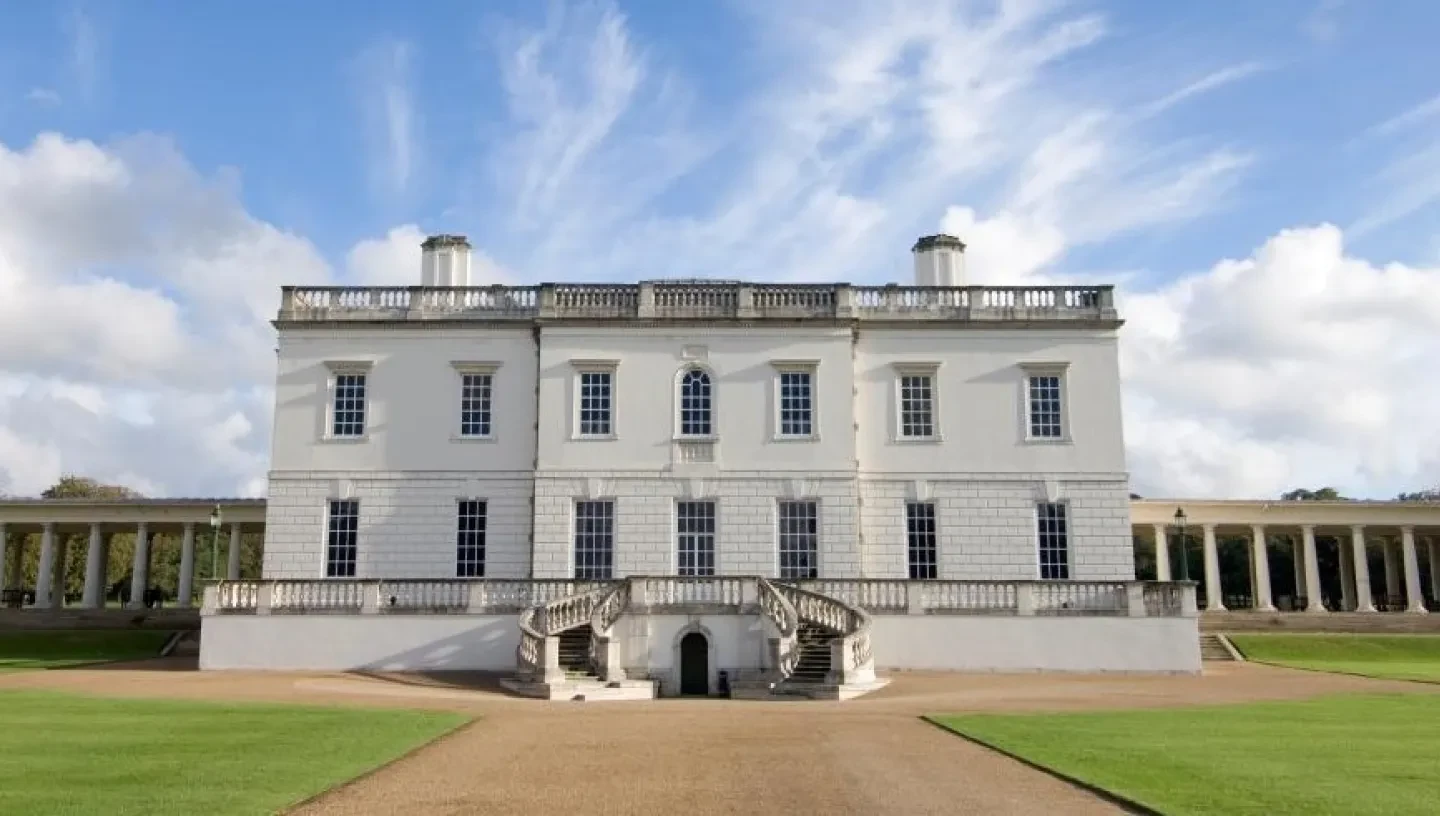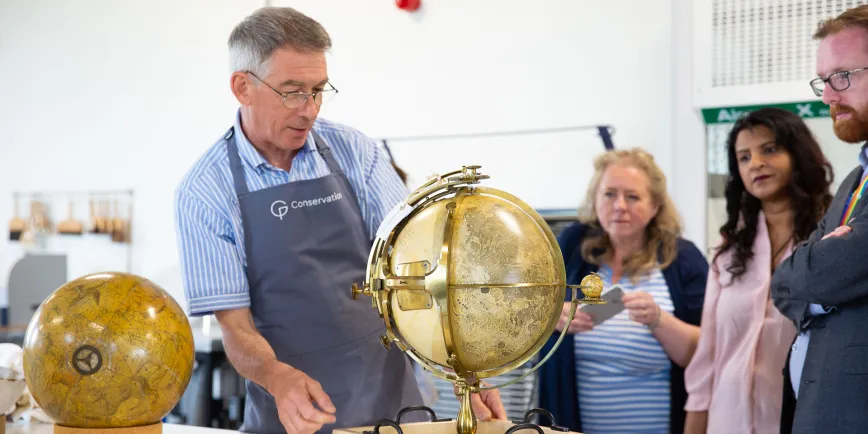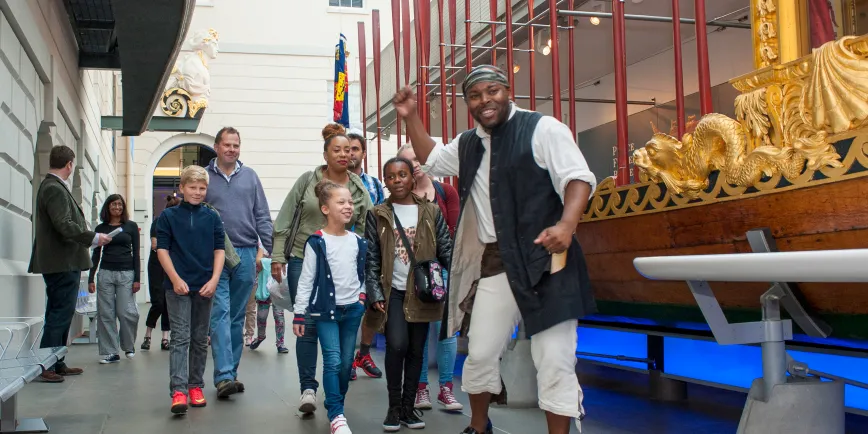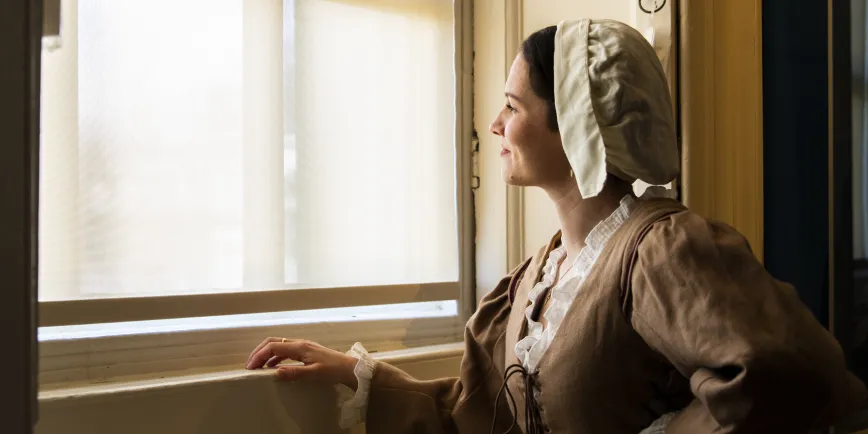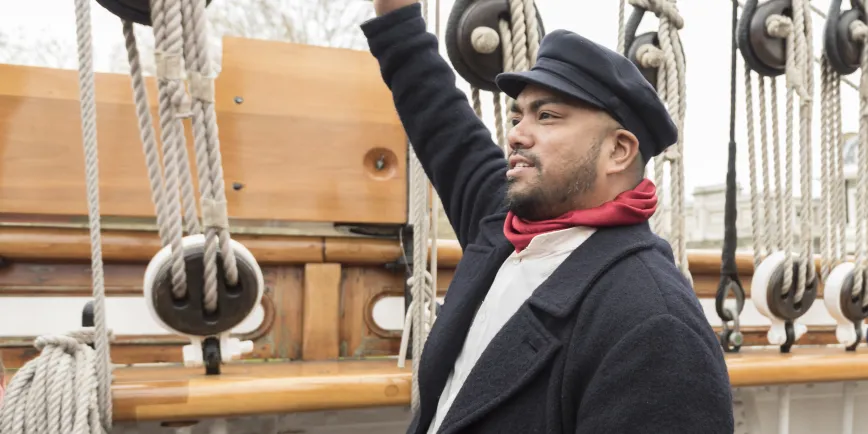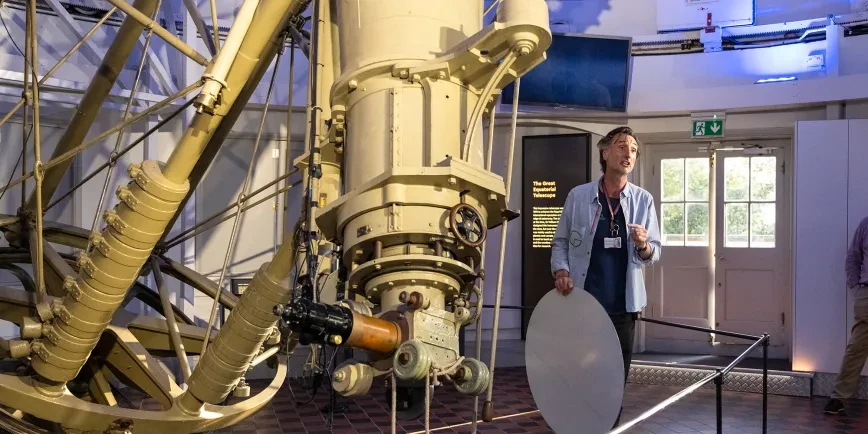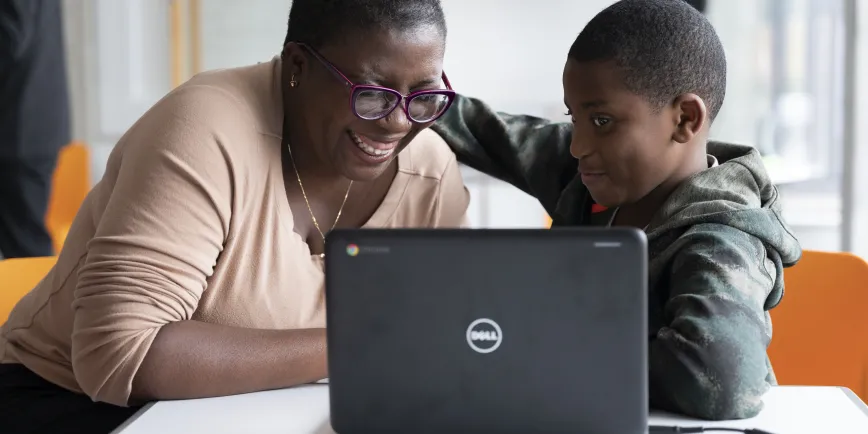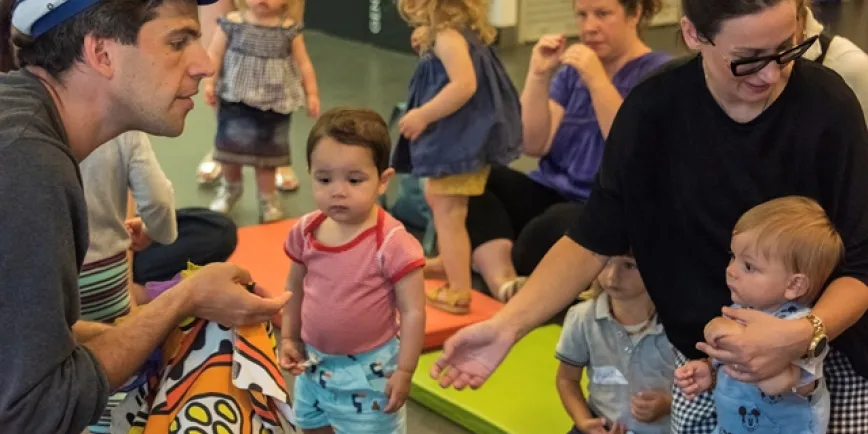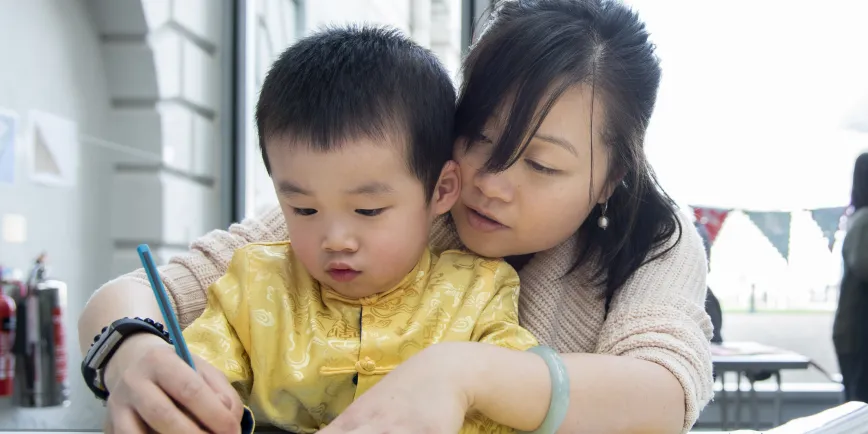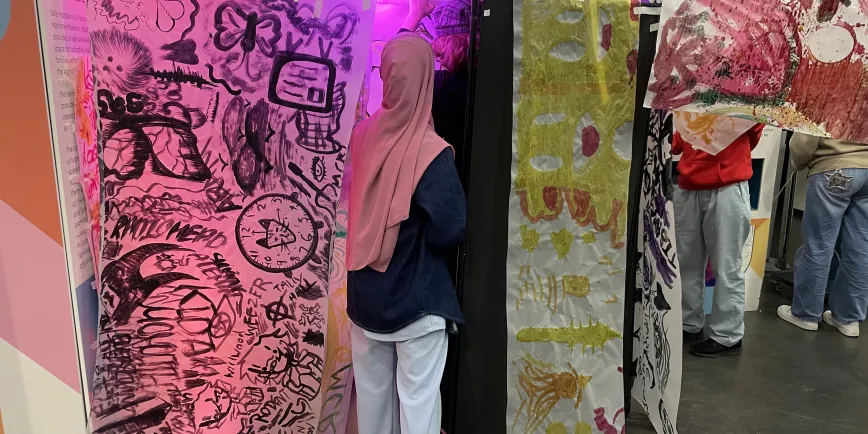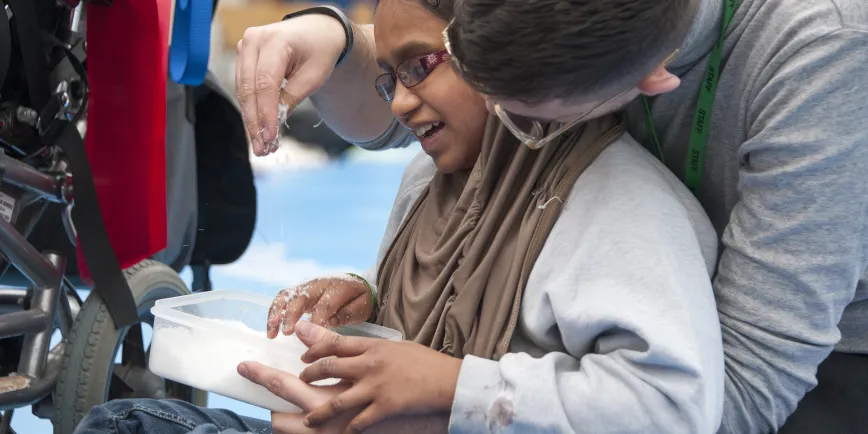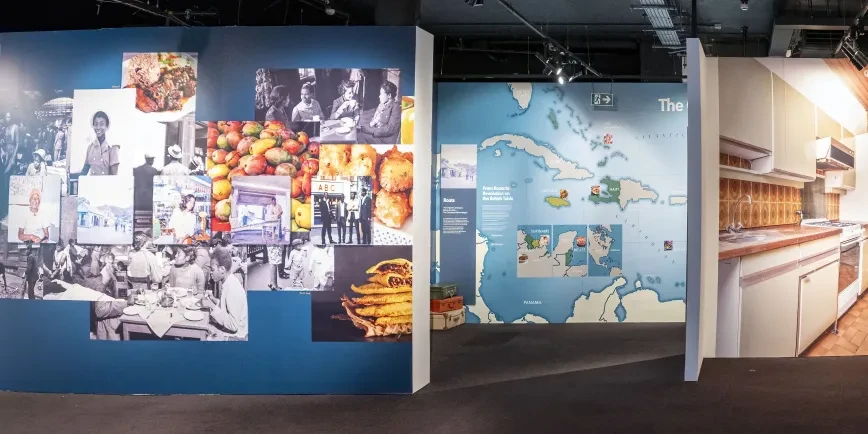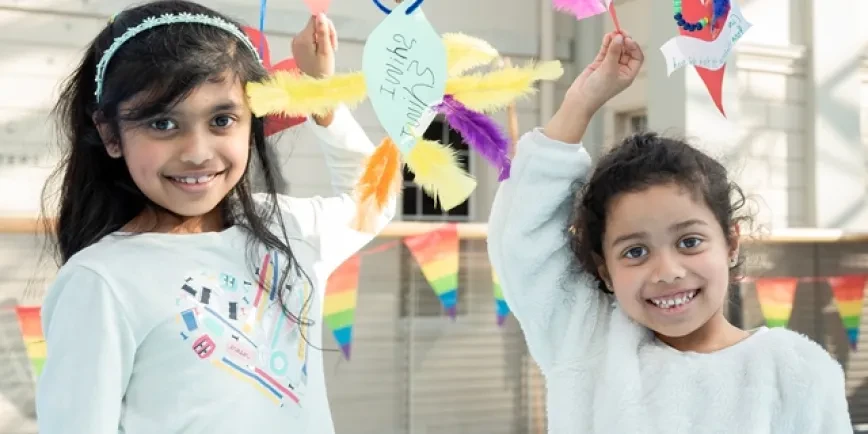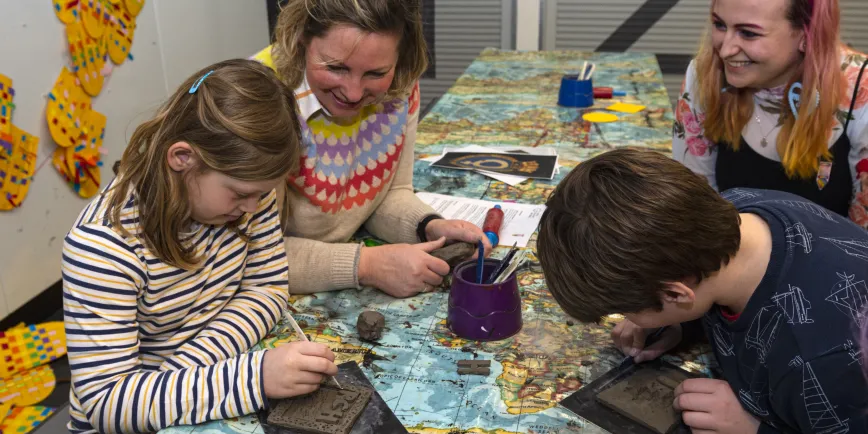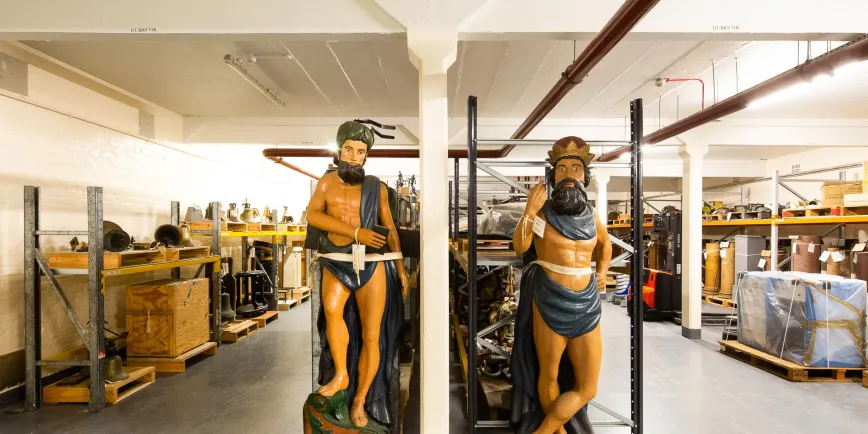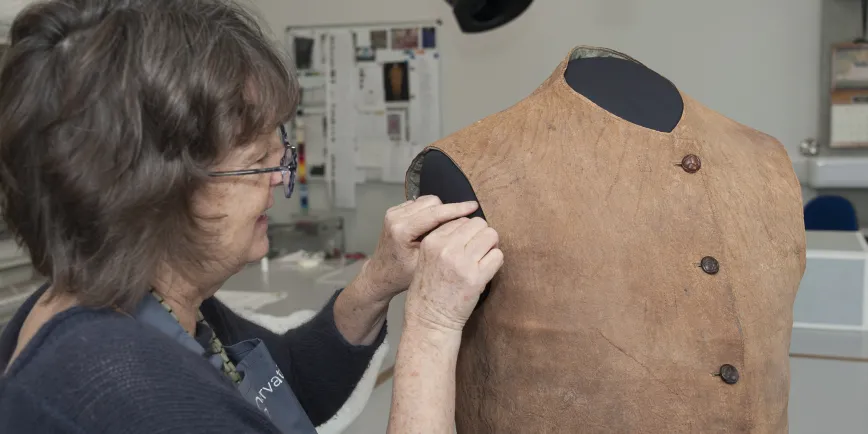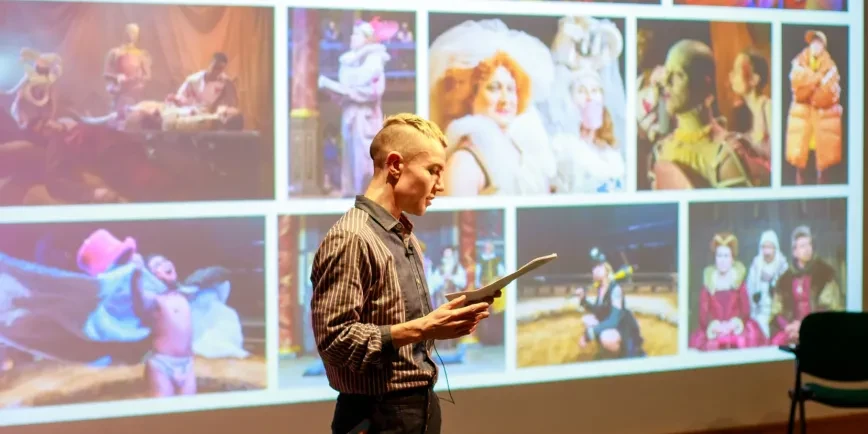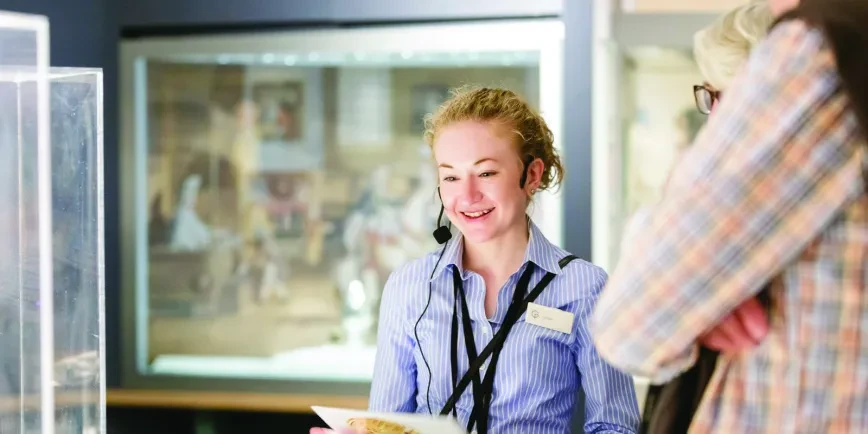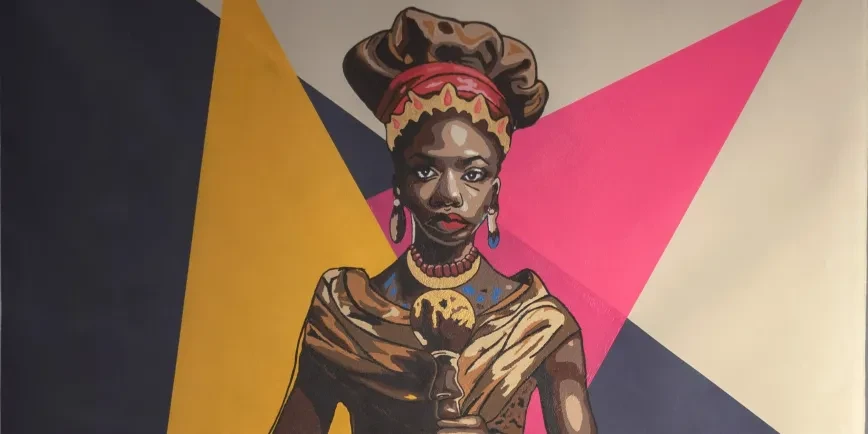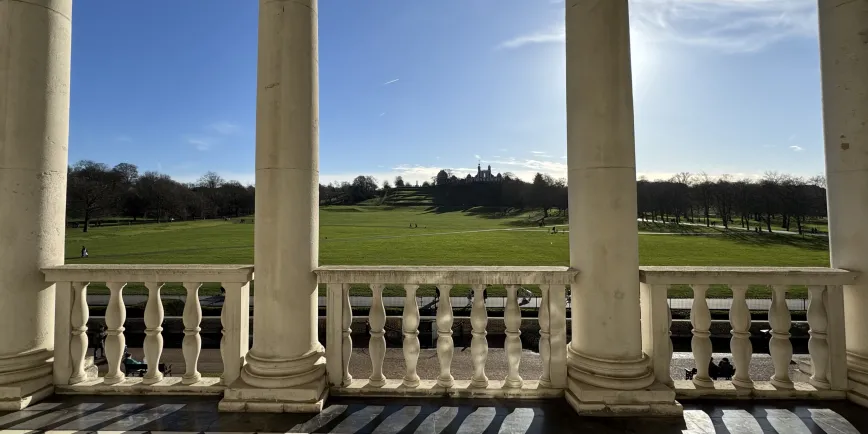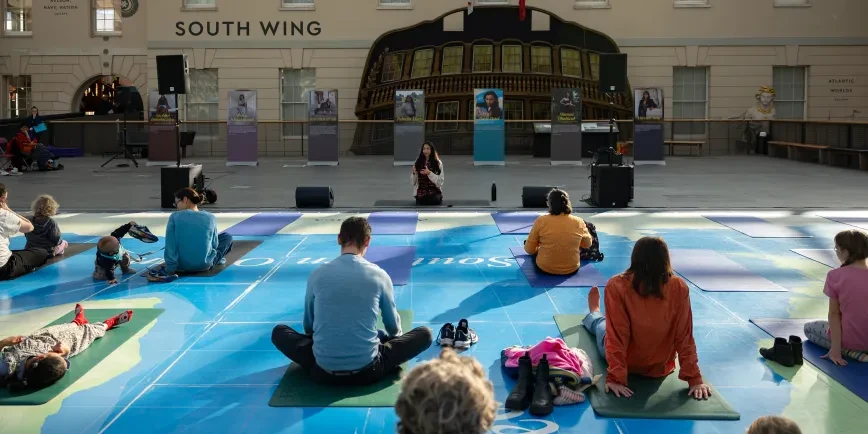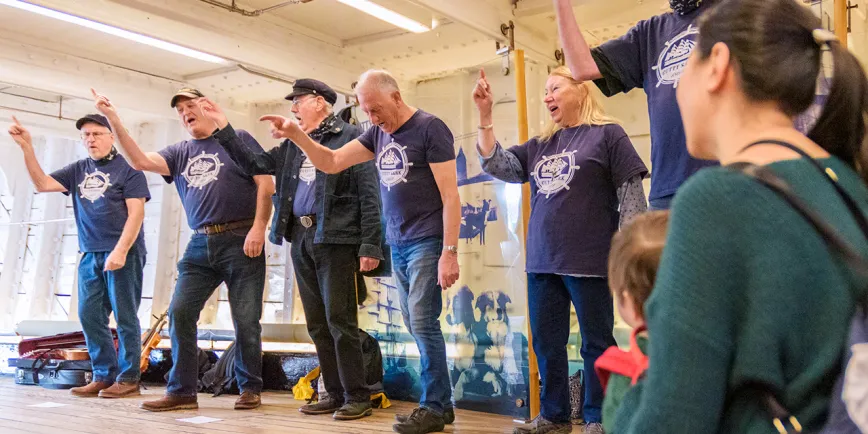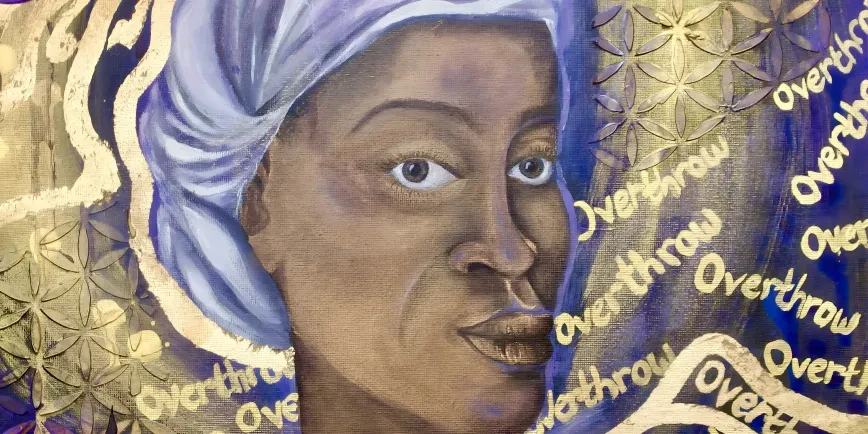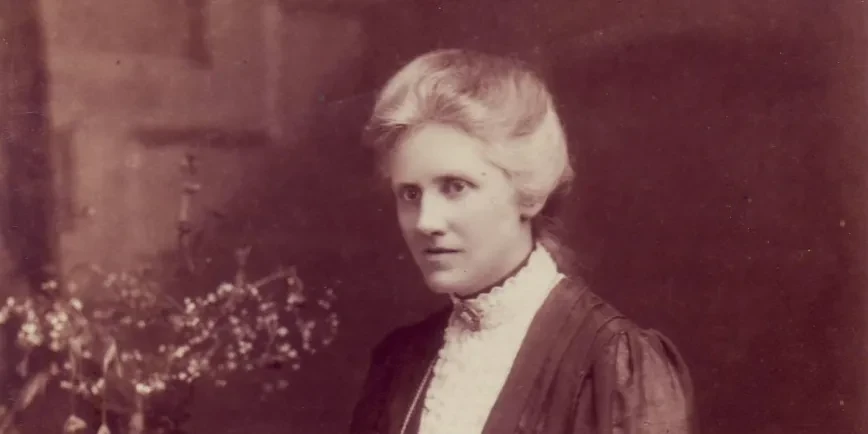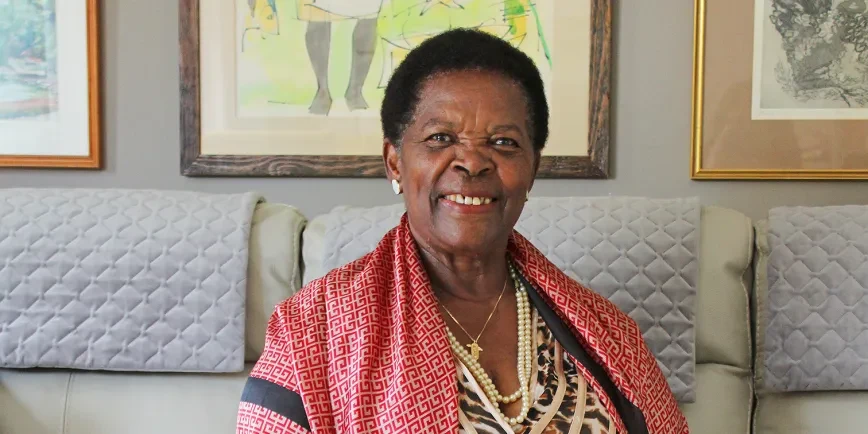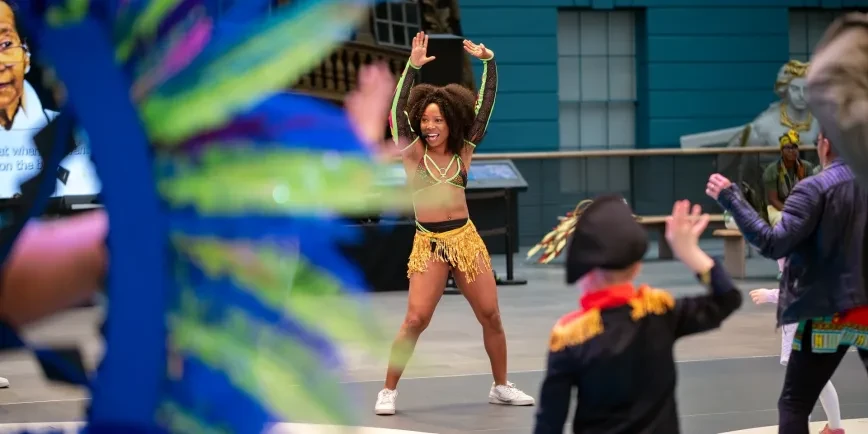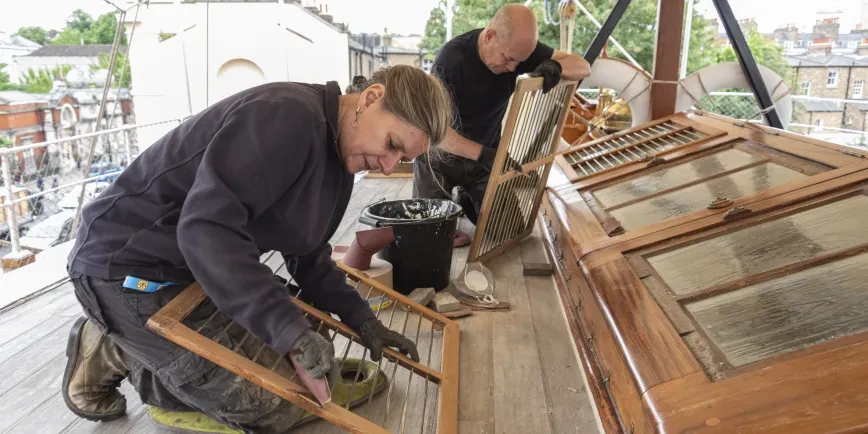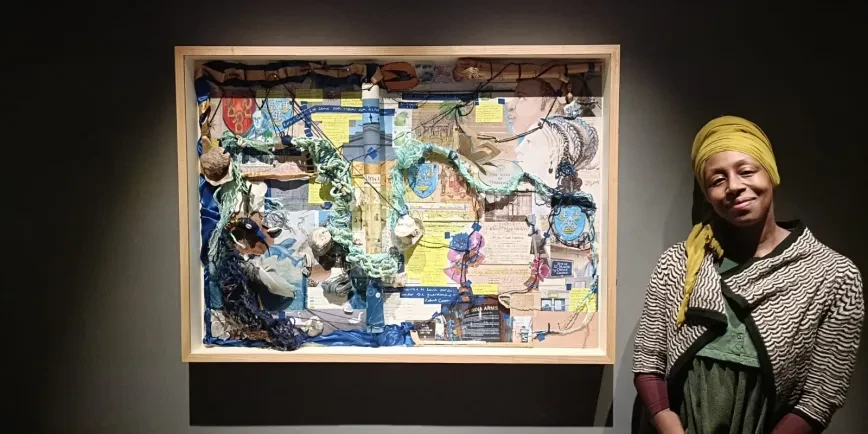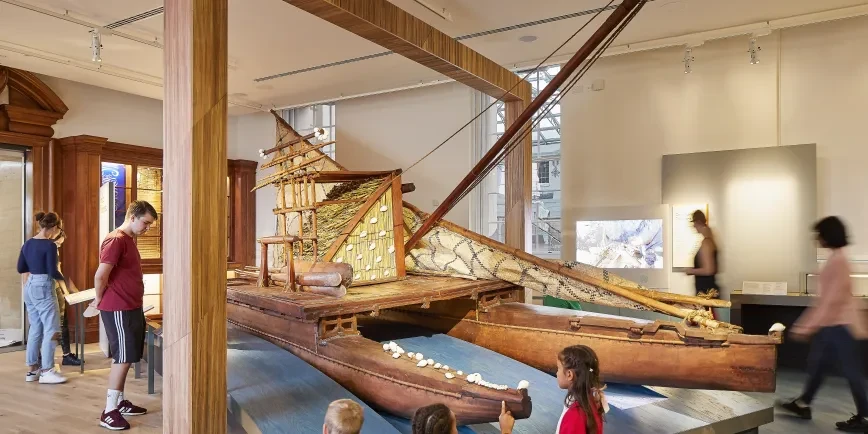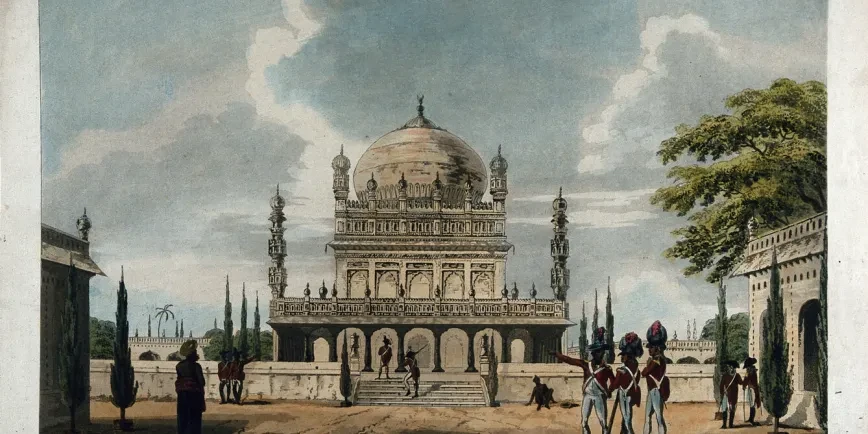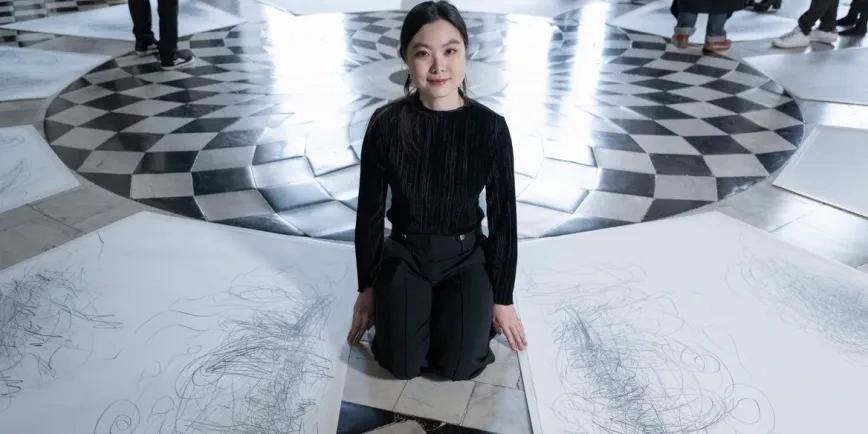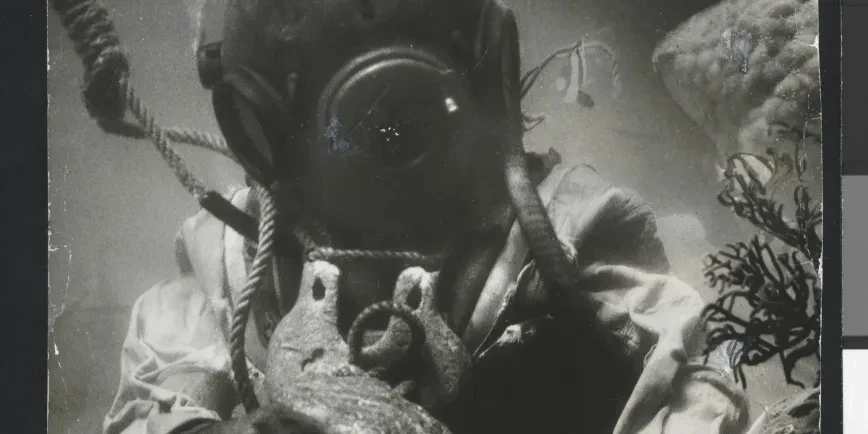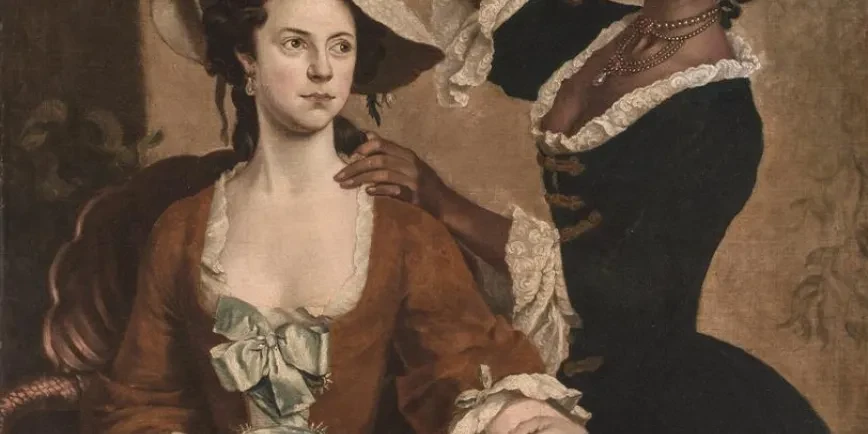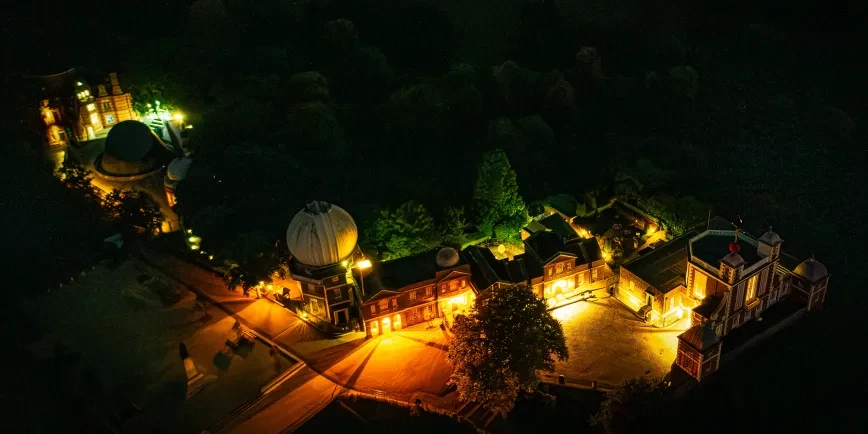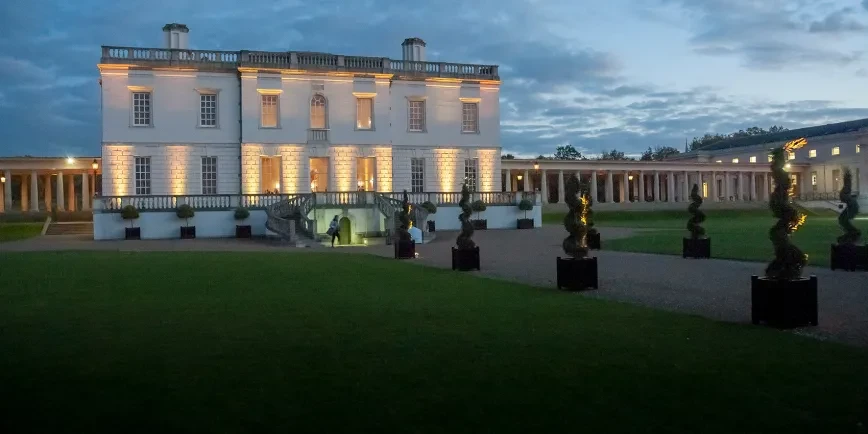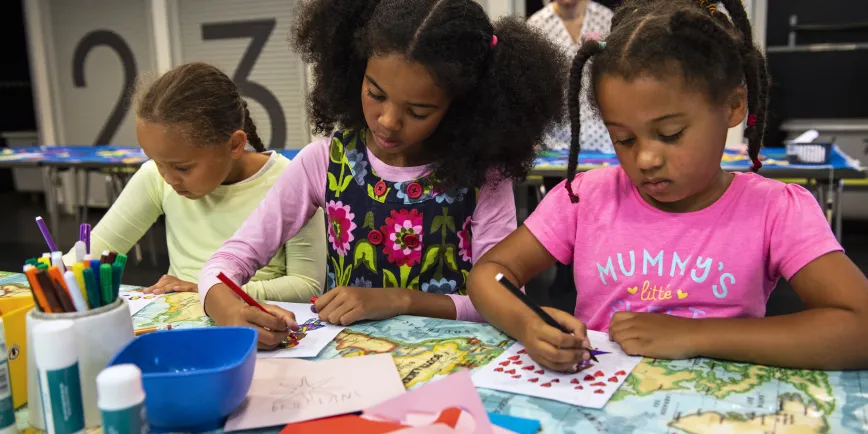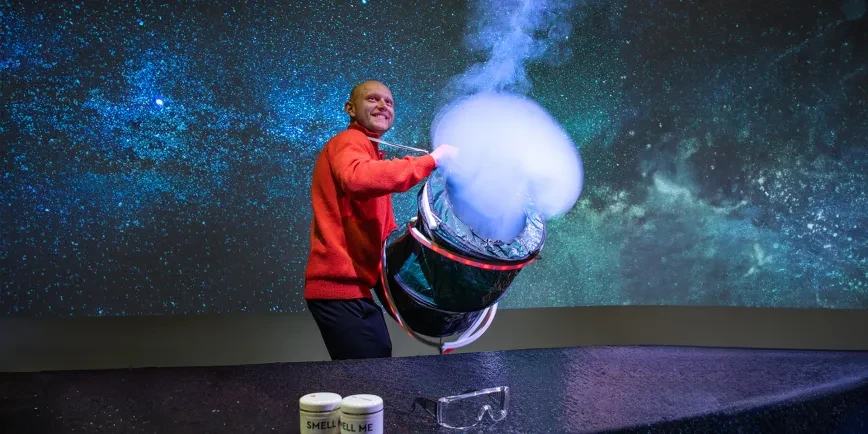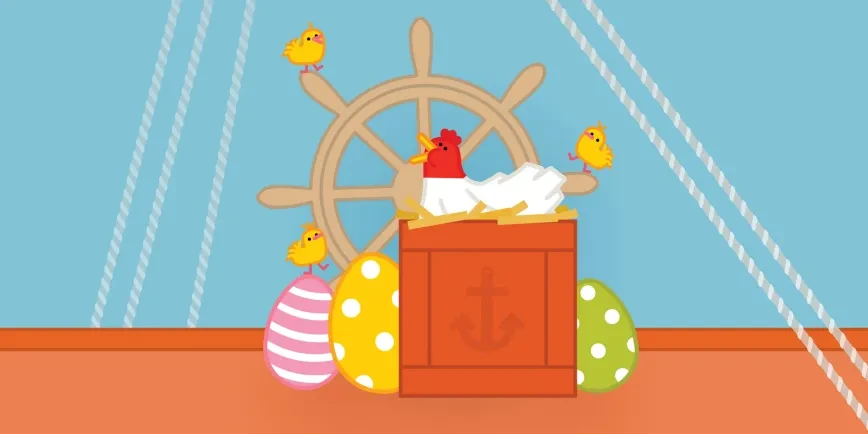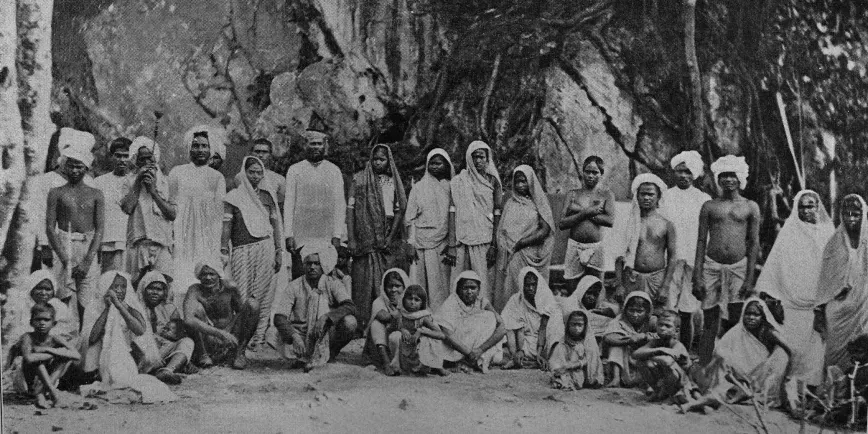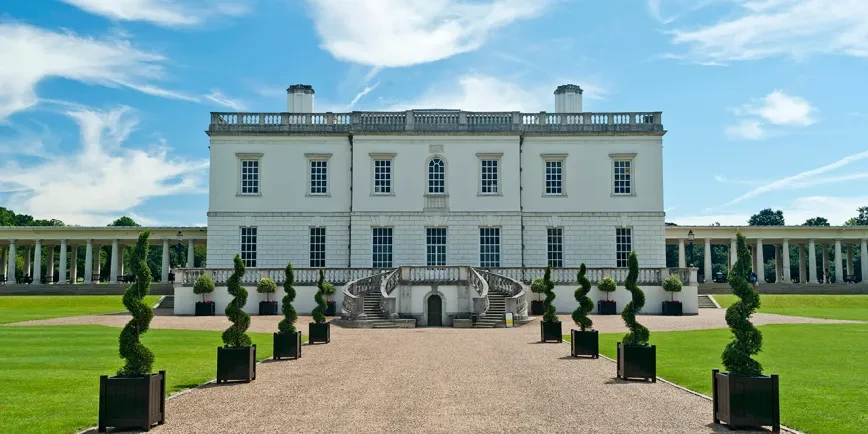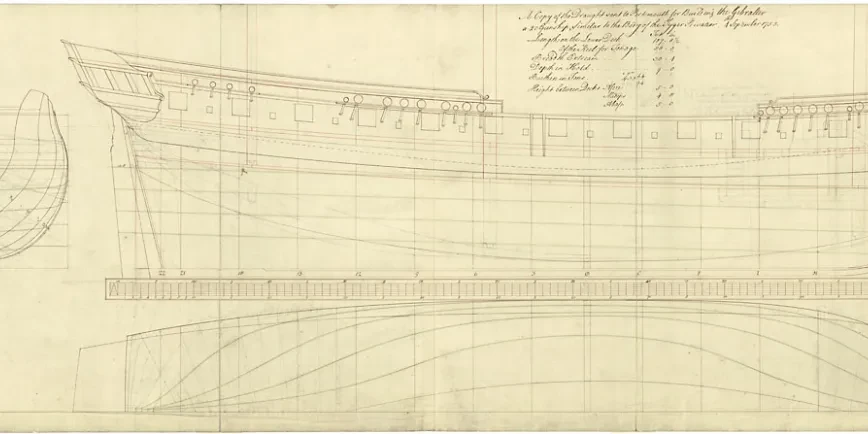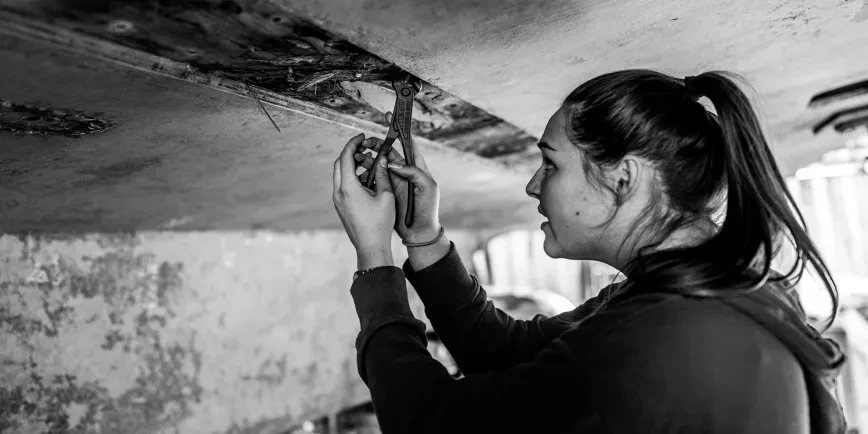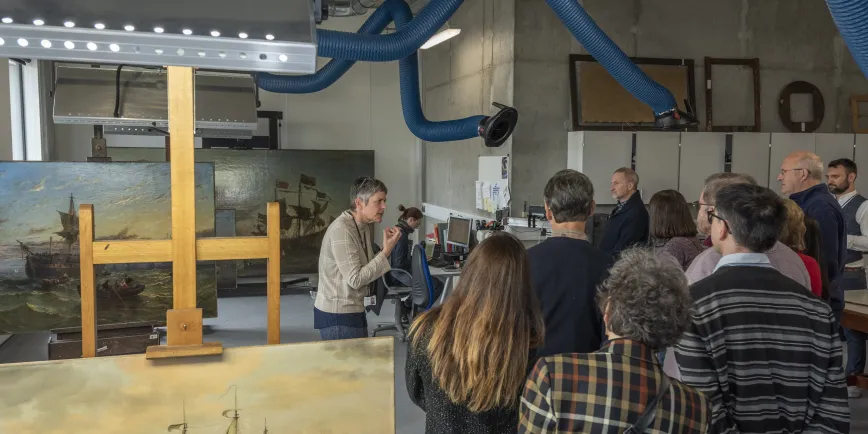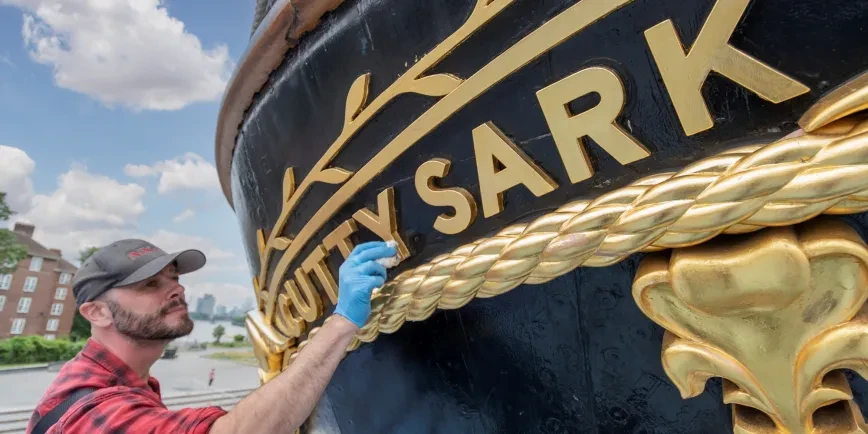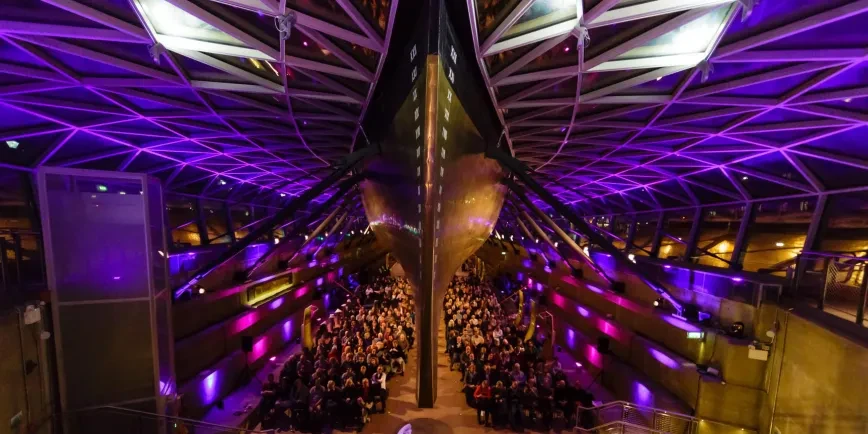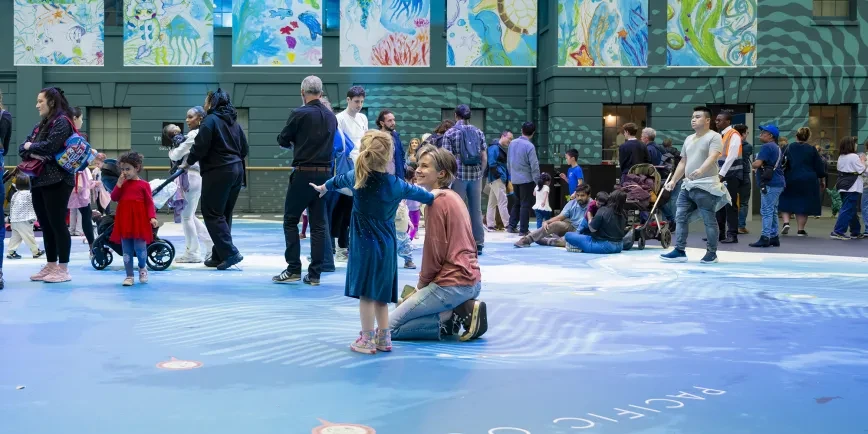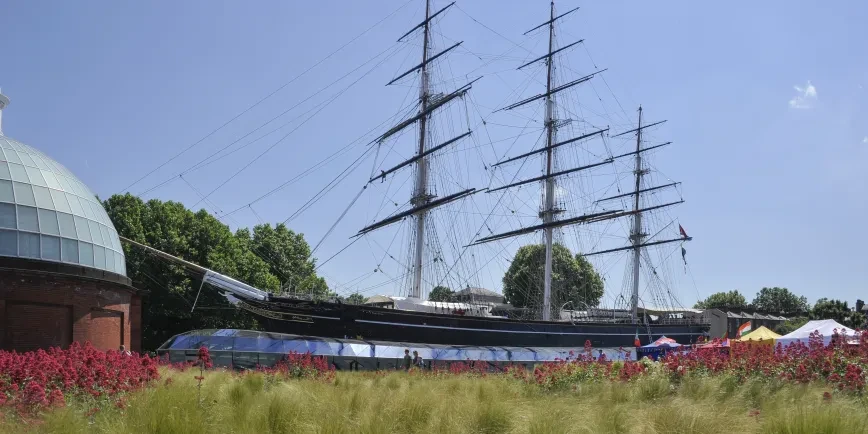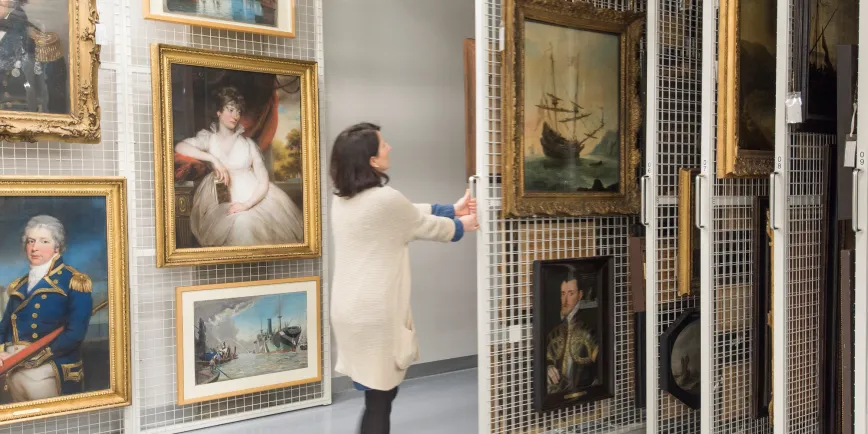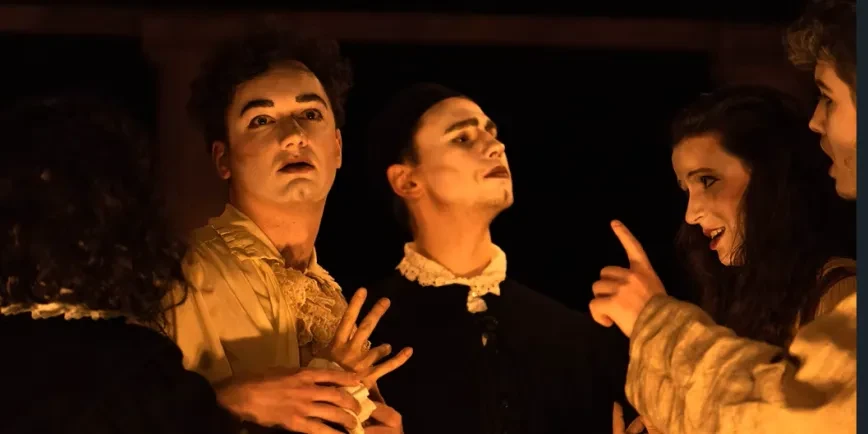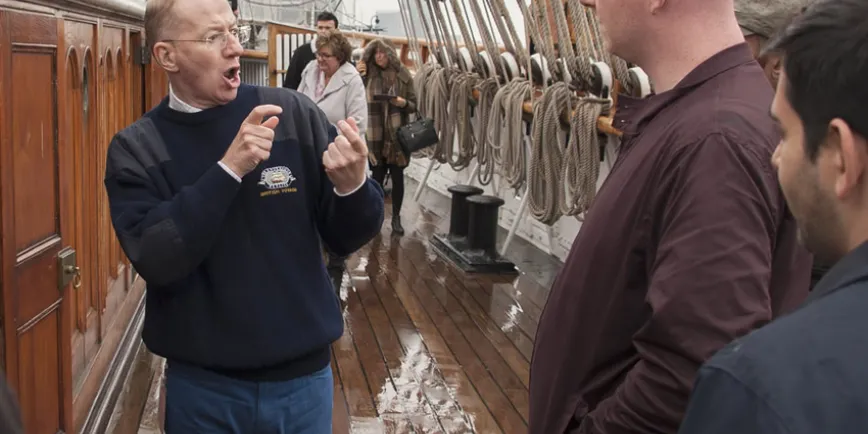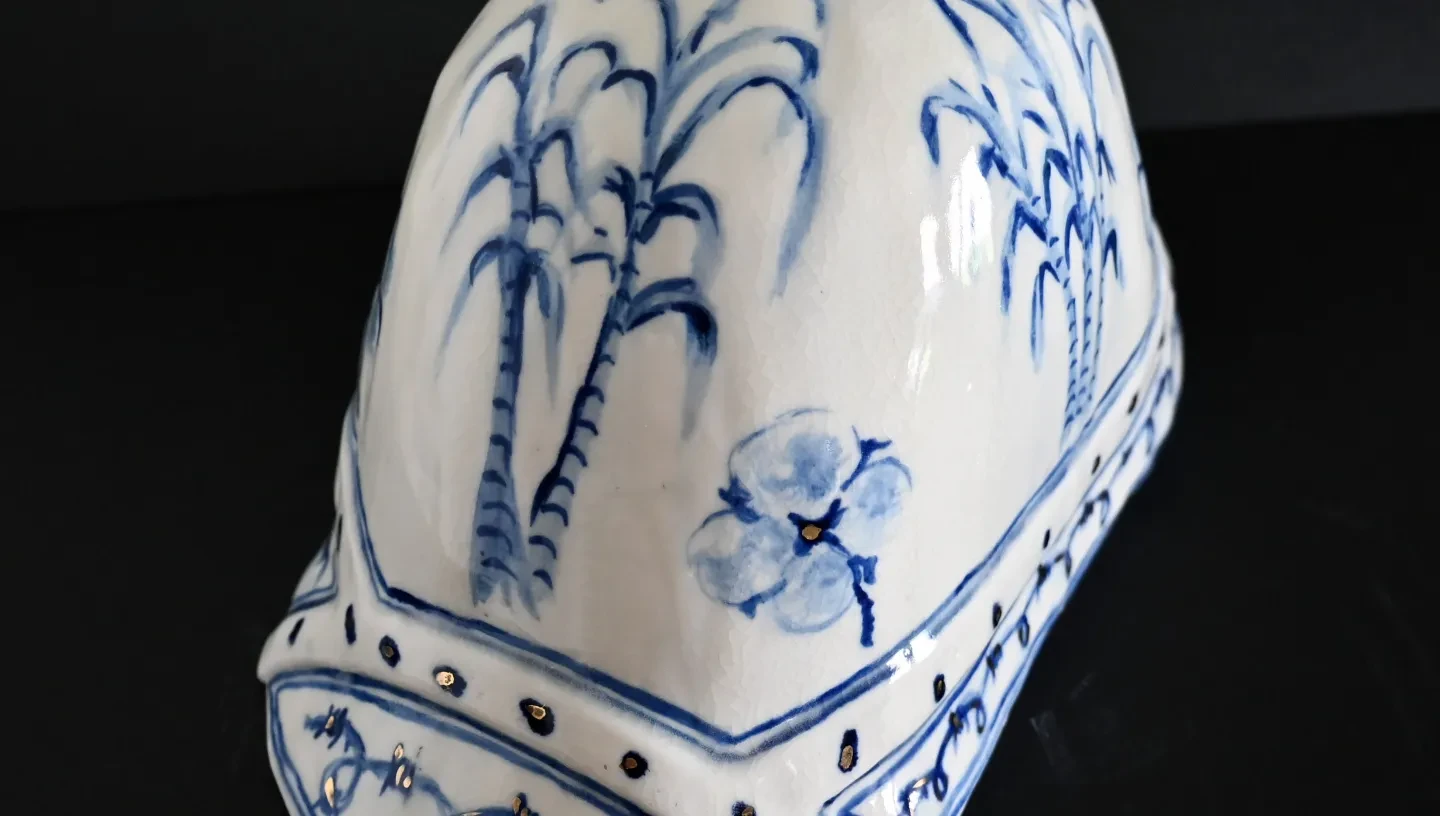
Essential information
| Type | Talks and tours |
|---|---|
| Location | |
| Date and times | Wednesday 13 November | 1pm-1.30pm |
| Prices | Free |
Provocation in Porcelain
Can an art practice using porcelain shed light on colonial histories of white oppression and encourage dialogue about the role of whiteness in racial injustice? Porcelain is cherished for its purity, whiteness and delicate strength. These values are both materialised and projected by porcelain objects.
Porcelain was collected obsessively by royalty and aristocracy in 17th-18th century Europe, who paid for it using the wealth generated by slave labour in plantation colonies. In the 20th century porcelain was employed as a propaganda tool by the Third Reich regime in Germany.
For a maker, porcelain is a notoriously difficult material to work with. Can its properties – its fractiousness and vulnerability when raw, its strength, whiteness and delicate translucency when fired – be exploited to challenge ideological whiteness?
Join artist Victoria Burgher to talk about the colonial legacies materialised in ceramics.
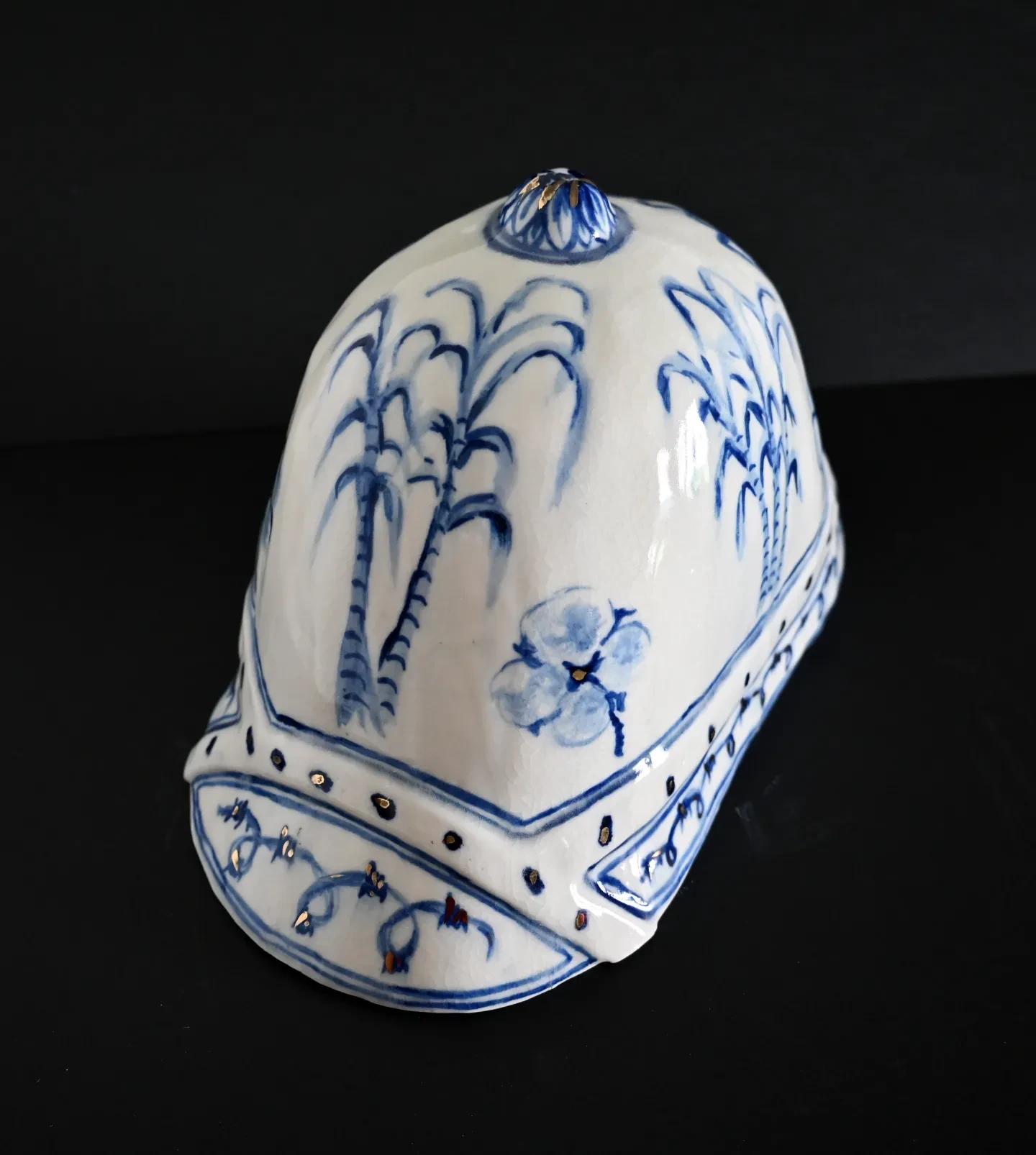
About the speaker
Victoria Burgher is an artist whose practice-based, interdisciplinary PhD research at the University of Westminster uses porcelain to interrogate ideological and material whiteness from an explicitly anti-racist position. Her work using colonial commodities to reveal the whitewashing of British imperial history is exhibited nationally and internationally.
She has been awarded technē-AHRC funding for her doctoral research. She has a BA Hons Ceramics from the University of Westminster and an MA Art and Politics from Goldsmiths, University of London. She lives and works in East London.
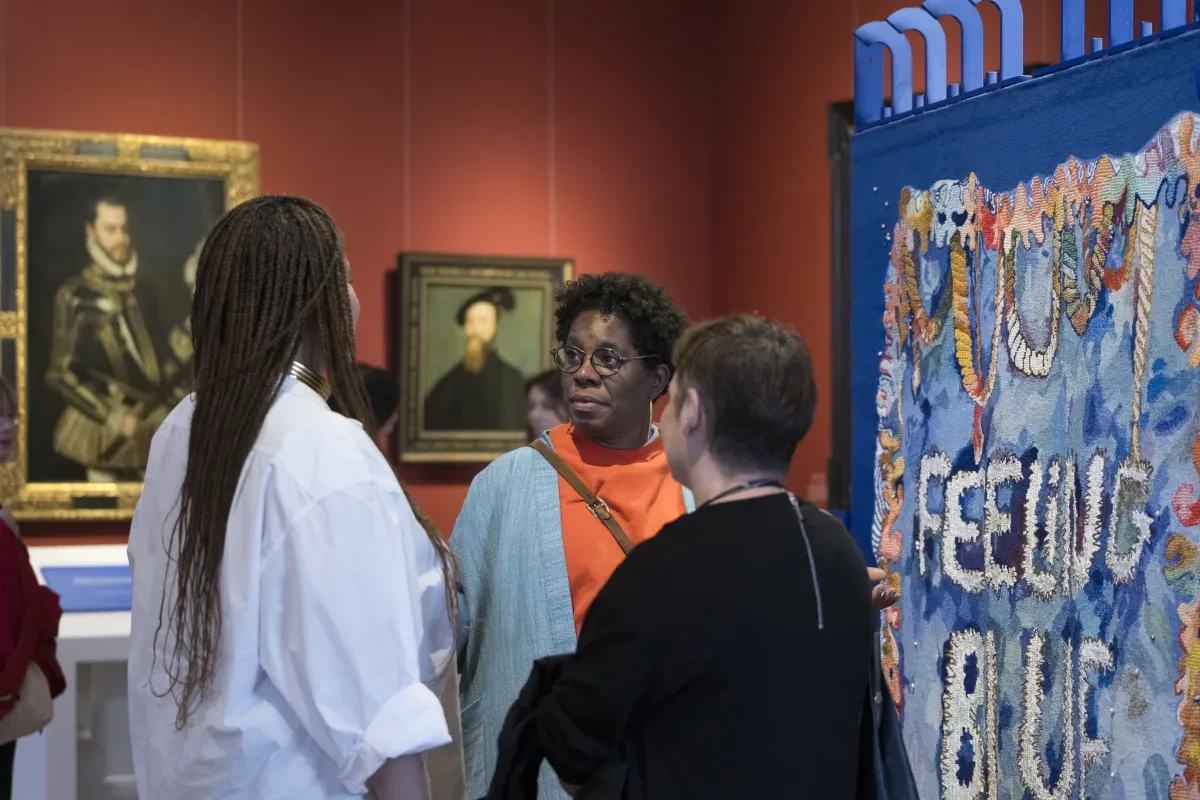
Salons in the Queen's House
This event is part of our Salons series, a programme of talks inspired by the history of the Queen's House and its collections.
The term ‘salon’ was used historically to describe social gatherings in the domestic sphere. Participation was open to a range of individuals, and women often acted as hosts. Salons were alternative spaces for learning, debate and the exchange of ideas. We continue to explore this tradition at the Queen’s House.
Speakers at our Salons include artists, researchers, curators and creative practitioners. Their talks bring to light new insights and share different perspectives.
